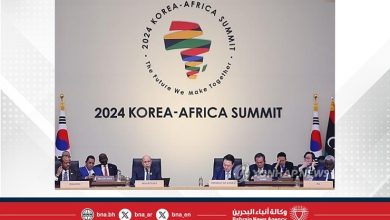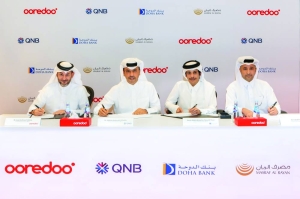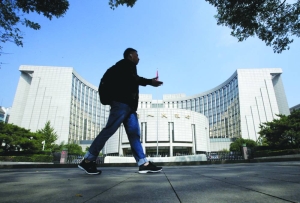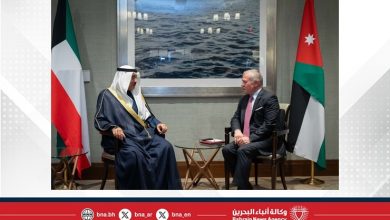Bid to step up renewable energy capacity
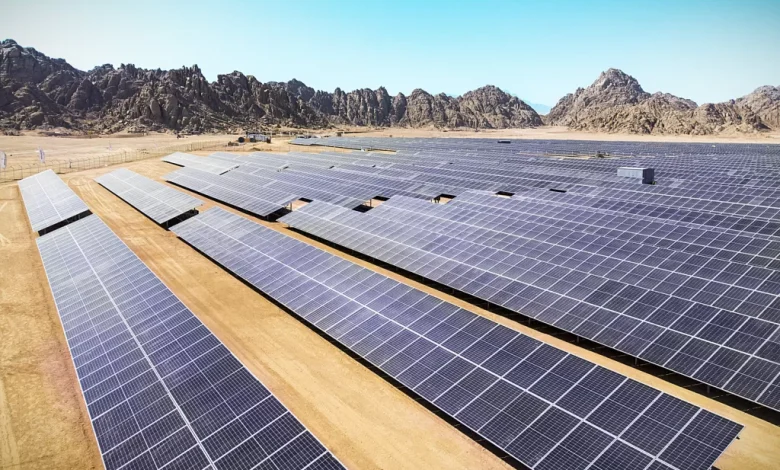
As part of a strategy seeking the expansion of renewable energy, the Egyptian government, alongside the Egyptian-Emirati joint venture Infinity Power, and UAE’s Abu Dhabi Future Energy Company (Masdar) have recently signed two agreements for the development of a wind power production plant boasting a capacity of 200 MW in the Gulf of Suez. Prime Minister Moustafa Madbouli attended the signing ceremony.
The agreements are part of the state’s strategy to maximise the share of new and renewable energy in the country’s power mixture, as well as supporting the private sector to play a larger part in establishing power plants from solar and wind energy.
Under the agreements, the Masdar-Infinity alliance will develop, finance, and operate the project, with commercial operations expected to commence in October 2026, according to a cabinet press release.
During the signing ceremony, the prime minister stressed that the move demonstrates keenness on implementing more renewable energy projects, as part of the state’s plan to expand electricity generation from these sustainable sources to reduce dependence on traditional sources of energy.
Mohamed Abdel Fattah, energy and sustainability strategies consultant, referred to the importance of establishing more stations for generating electricity from wind power for achieving sustainable development and enhancing energy security in the country.
“Egypt relies heavily on fossil fuels to generate electricity, which makes it vulnerable to fluctuations in global oil and gas prices. Therefore, investing in renewable energy such as wind power offers an opportunity to lessen dependence on non-renewable sources, reduce the import bill, and achieve greater energy independence,” Abdel Fattah said in recent press remarks.
He added that wind power is a clean, renewable source of electricity, as it does not produce harmful emissions such as carbon dioxide or other greenhouse gases that cause climate change.
“Establishing stations to produce electricity from wind energy requires careful planning and organised implementation to ensure full benefit from the available capabilities, such as site selection and wind analysis.
In this way, the site is chosen based on wind speed and intensity throughout the year, preferably coastal or high areas. It is of prime importance to ensure that the chosen location does not negatively impact the local environment or wildlife,” Sameh Noaman, a renewable energy expert, explained.
At the same time, Khaled elShafi’i, an economic expert, said that this project will contribute to achieving renewable energy goals, which enhances environmental sustainability. It will also provide new job opportunities, especially in light of the current economic crises that the world is experiencing.
El-Shafi’i added that increasing wind energy means improving and expanding the ability of wind energy to generate electricity.


